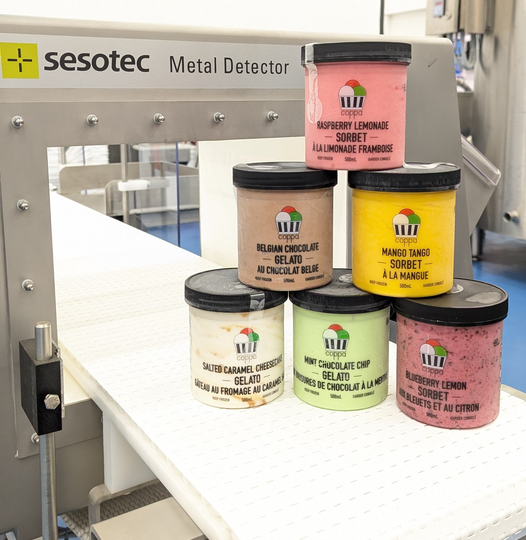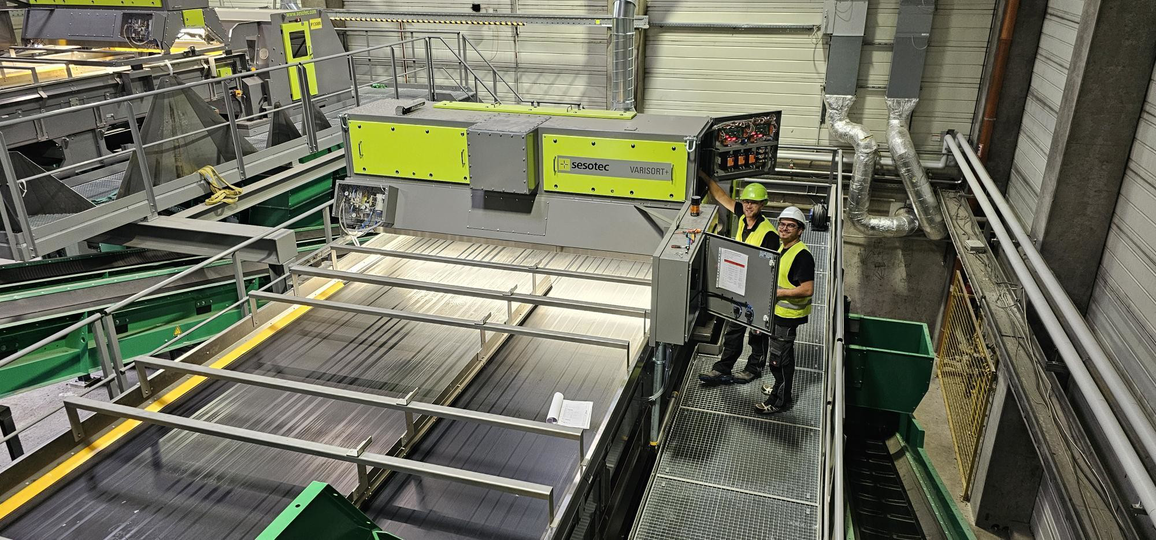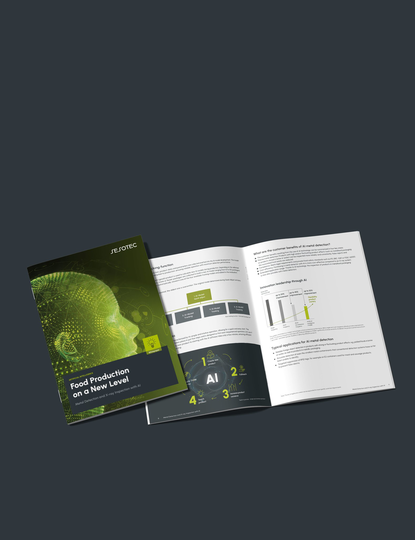Rubber at Its Best
For manufacturers of vehicle tires and other rubber products, the accidental introduction of metal parts into production can lead to costly consequences. Risks include damage, machine downtime, and the delivery of substandard products. Sesotec's metal detection systems help minimize this risk.
Remove What Doesn't Belong
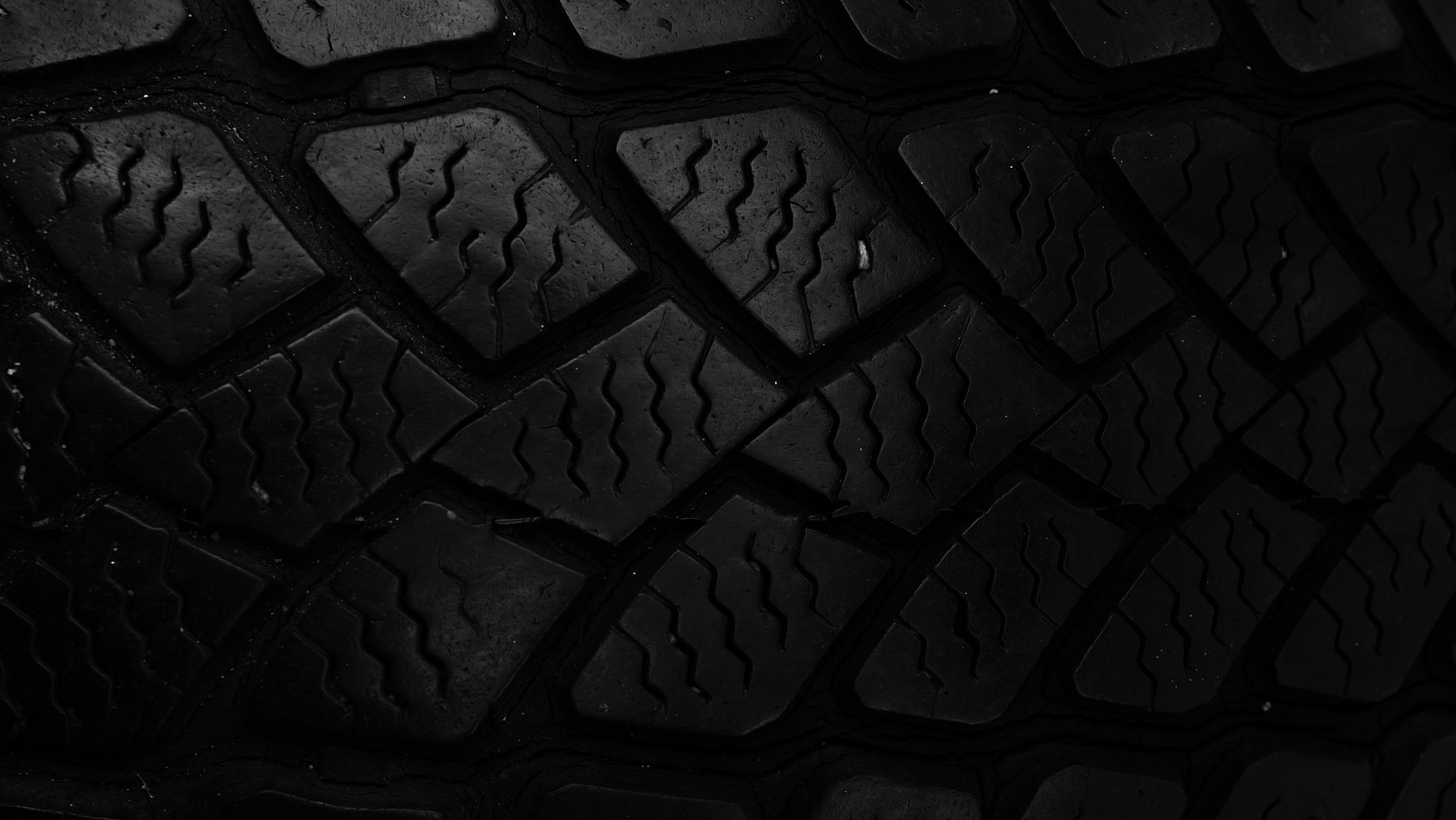
Iron
Metal parts can cause significant damage to extrusion equipment or vulcanizing molds in rubber and tire production, leading to weaknesses in the final product.
Stainless Steel
Stainless steel particles, due to their hardness, can compromise the precision and surface quality of tires or rubber products.
Copper
Copper particles can compromise material stability or cause long-term damage through corrosion.
Aluminum
Aluminum particles can compromise the structural integrity and durability of rubber products and tires.
Brass
Brass disrupts the uniformity of rubber, potentially leading to uneven vulcanization.
Iron
Metal parts can cause significant damage to extrusion equipment or vulcanizing molds in rubber and tire production, leading to weaknesses in the final product.
Stainless Steel
Stainless steel particles, due to their hardness, can compromise the precision and surface quality of tires or rubber products.
Copper
Copper particles can compromise material stability or cause long-term damage through corrosion.
Aluminum
Aluminum particles can compromise the structural integrity and durability of rubber products and tires.
Brass
Brass disrupts the uniformity of rubber, potentially leading to uneven vulcanization.
Having trouble with these or other foreign bodies?
- Metal Detection and Separation
- Magnetic Systems
- Material Management
Metal Detection and Separation
Using inductive technology, Sesotec metal detection systems identify all metallic foreign bodies in rubber and tire production.

Magnetic Systems
Sesotec magnetic systems deliver exceptional magnetic performance and efficient design to eliminate even the finest ferrous metal contaminants.
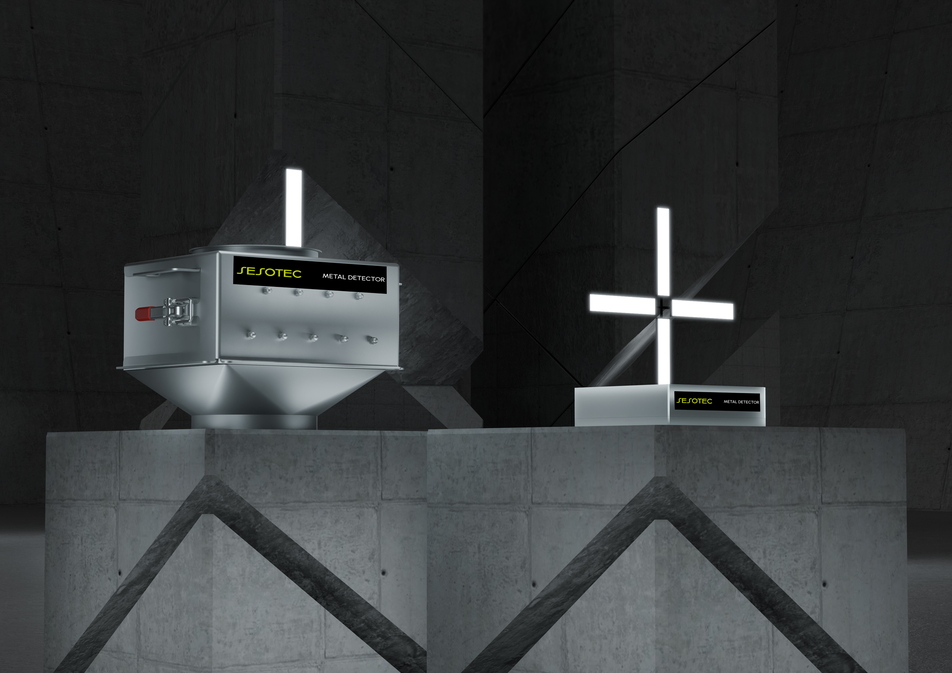
Material Management
FLAKE SCAN and PRE-SORT systems ensure top-tier material quality for plastic processors.
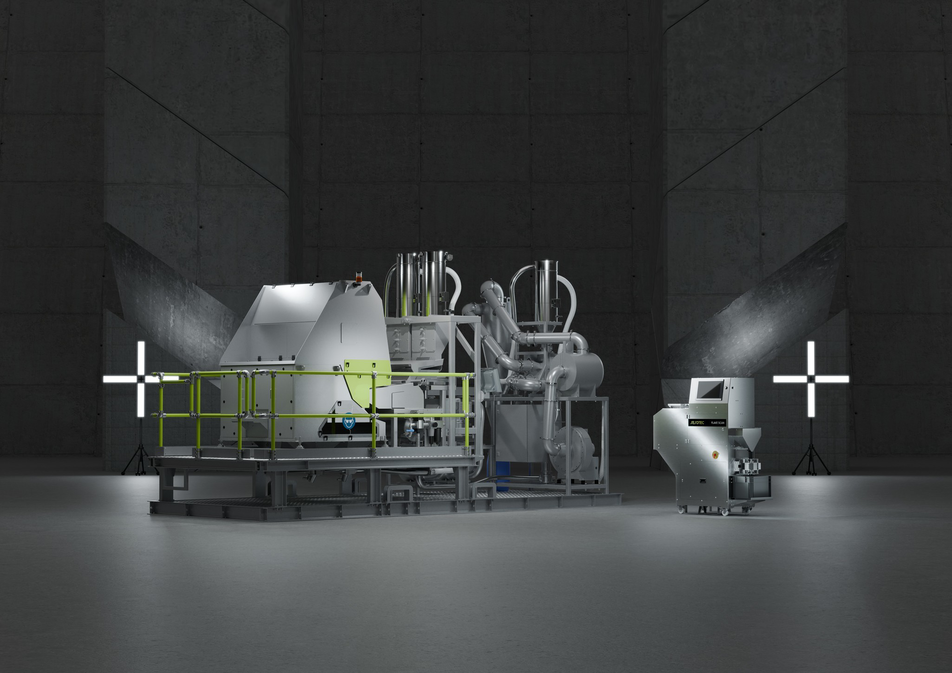
Where are Sesotec solutions used in the rubber and tire industry?
Common applications include incoming goods inspection of rubber and additives, examining rubber sheets on conveyor belts (before feeding into extruders and calenders), and final quality control of finished products before packaging.

Vehicle Tires
Foreign body detection ensures that no contaminants compromise the safety and durability of the tires.
Rubber
Detecting foreign bodies ensures the purity of rubber and prevents quality defects in the final product.
Seals
Foreign body detection ensures that seals meet their requirements for functionality and sealing power without compromise.
Hoses
Impurities are eliminated to ensure the flexibility and pressure resistance of rubber hoses.
Conveyor Belts
Detection prevents foreign bodies from compromising the stability and durability of rubber conveyor belts.
Across the Entire Production Line
Maximum security for your entire production: Our metal detection and magnet systems identify and remove foreign bodies throughout the production line. This keeps processes stable, products compliant, and your productivity high—from material input to the finished product.

Discover the Perfect Sesotec Solution Here
Are You Interested?
ADD-ONS & SERVICES
Smart Add-ons for Enhanced Performance
Insight.WEB, the visualization software for metal detectors, -separators and product inspection systems, brings transparency to your production processes, offering a clear overview for enhanced efficiency and increased profitability. Our smart machine monitoring reduces downtime and maximizes your OEE (Overall Equipment Effectiveness).
Centralized Control of
All Sesotec and Third-Party Devices
Clear Visualization & Control
of Your Processes
Maximize Profitability with
Data-Driven Process Optimization
We understand the challenges of the rubber and tire industry.
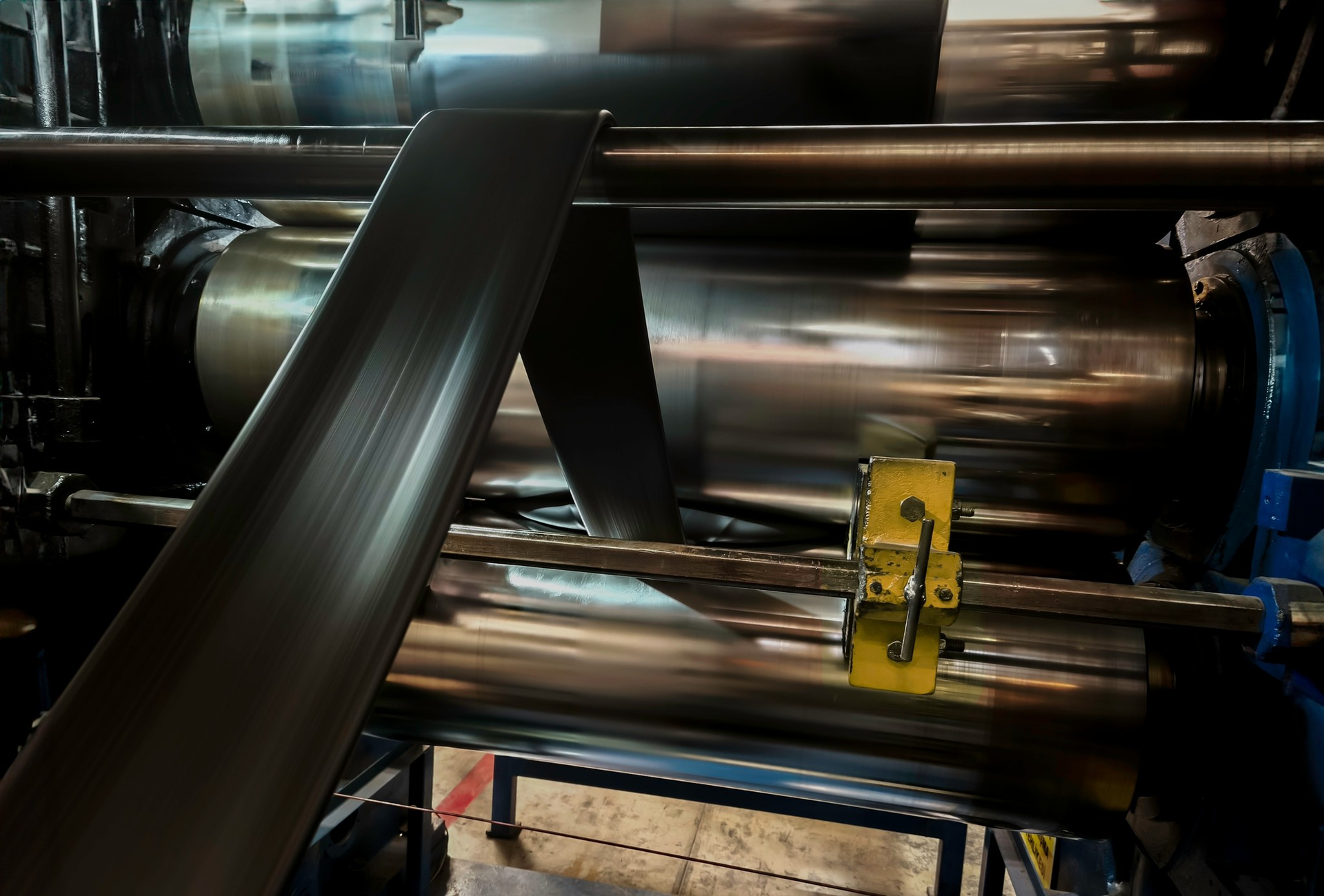
Overall Equipment Effectiveness
Foreign bodies in production can lead to unexpected delays, increased maintenance, and reduced output.

Customer Demands and Quality
The rubber and tire industry is under pressure to deliver products of the highest purity and quality. Foreign bodies in the final product jeopardize customer satisfaction and can lead to complaints or loss of orders.
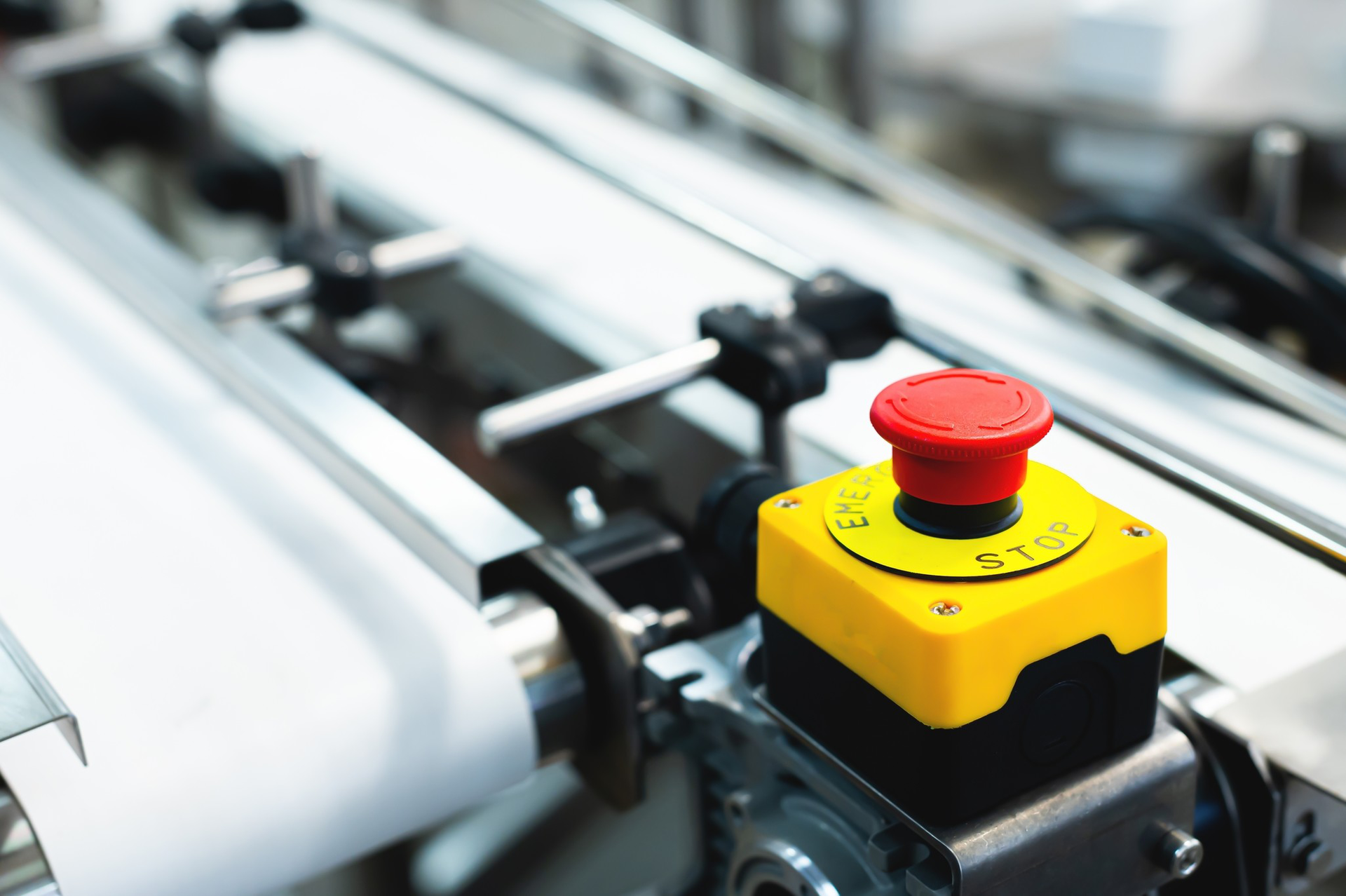
Prevent Production Downtime
Even small foreign bodies can halt production processes, leading to costly downtime and, in the worst case, the loss of entire batches.
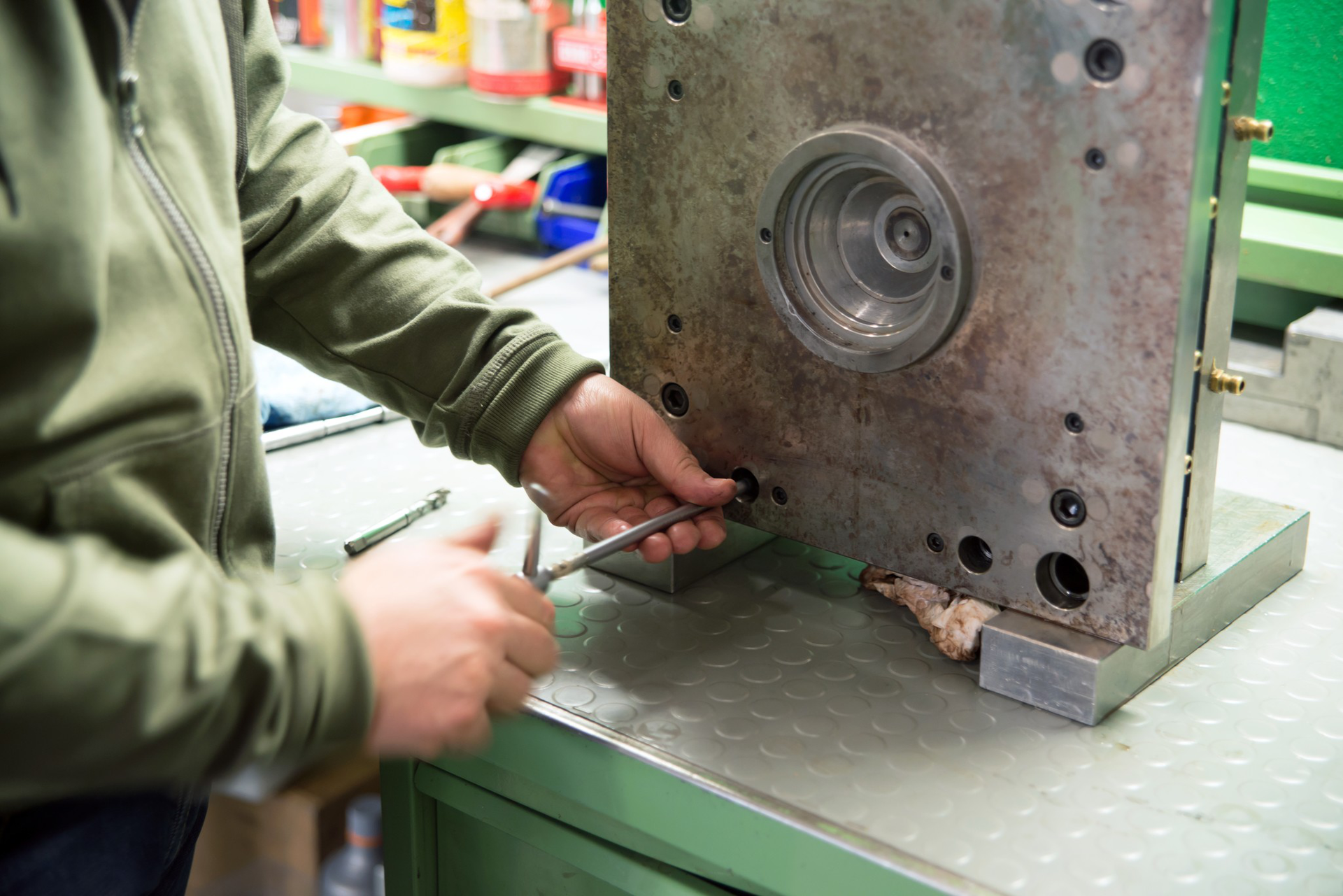
Protect Against Machine Damage
Foreign bodies like metal parts or debris can damage sensitive production machinery. The result: high repair costs and production delays.
Sesotec metal detectors play a crucial role in making our tire production facilities among the best in the world
VIEW CASE STUDIES






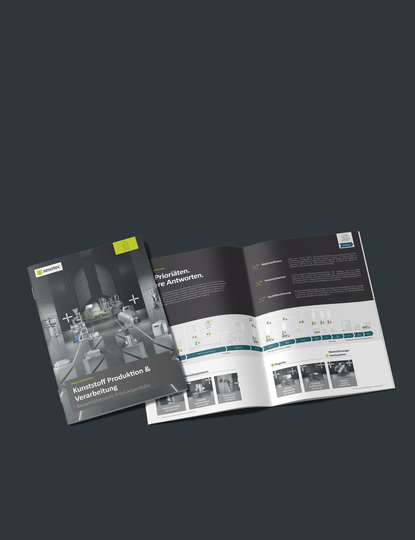
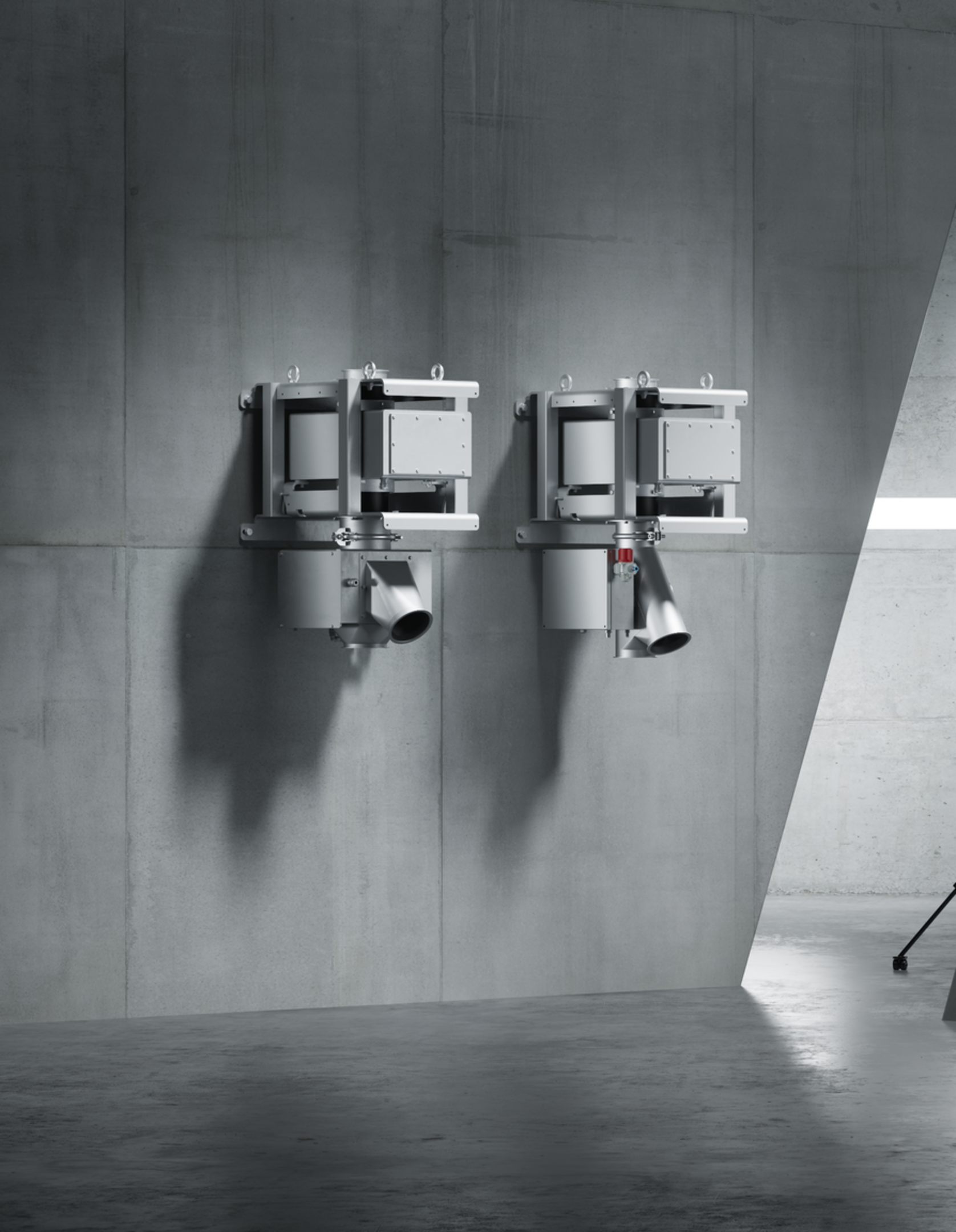
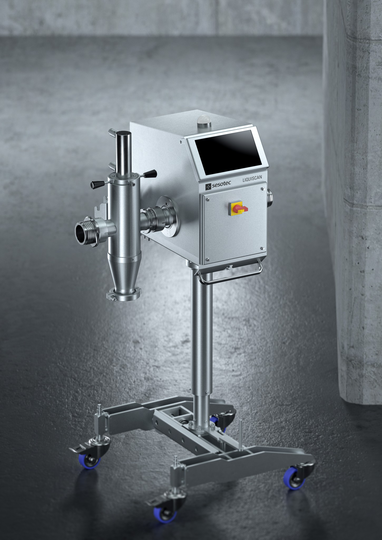
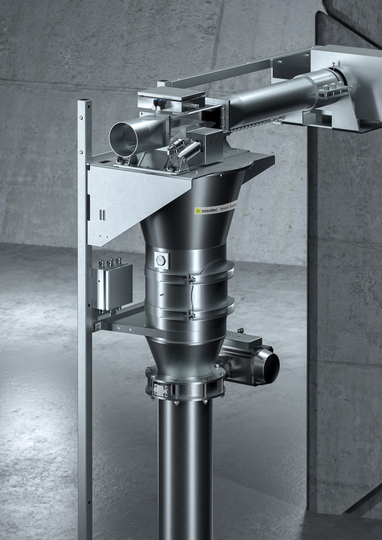
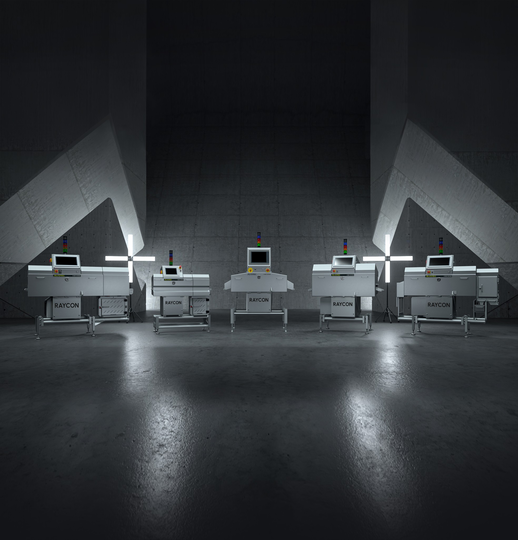
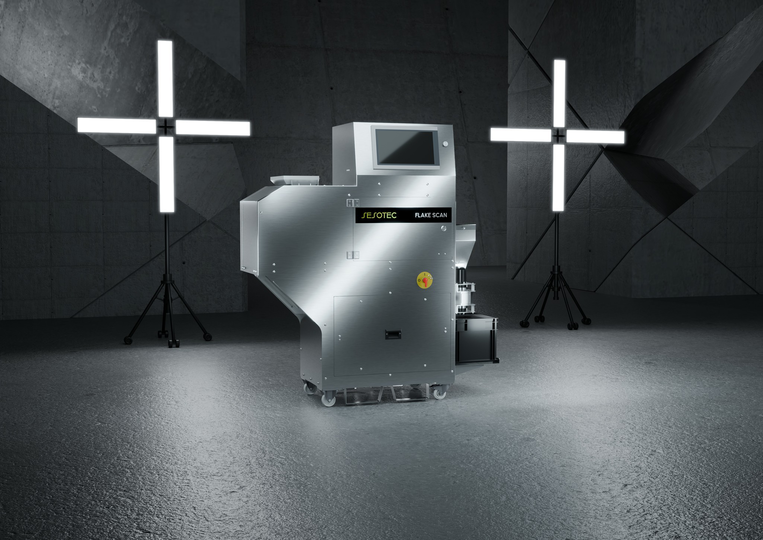
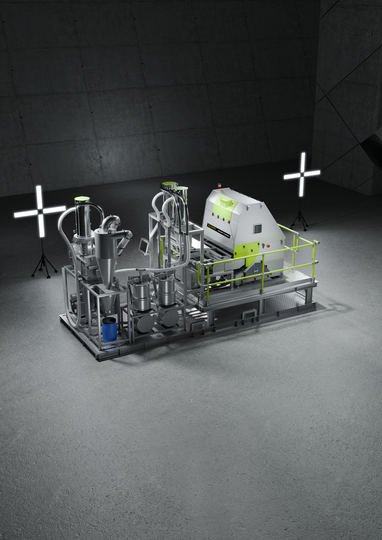
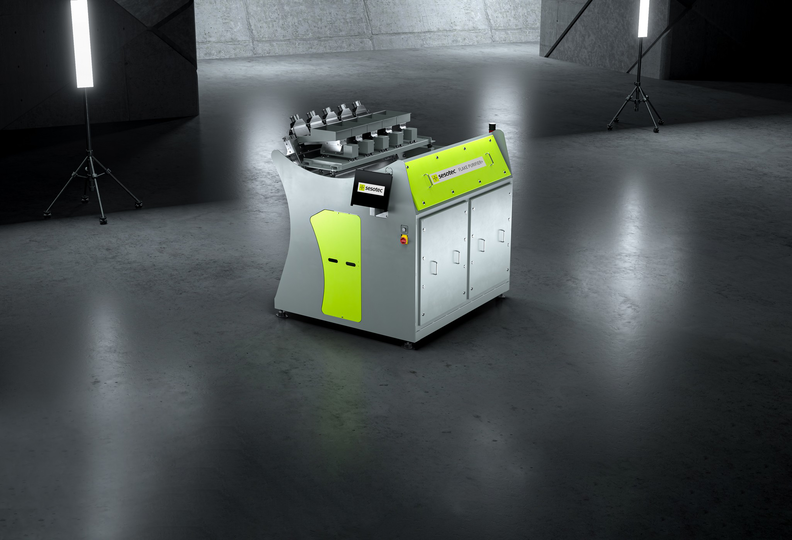
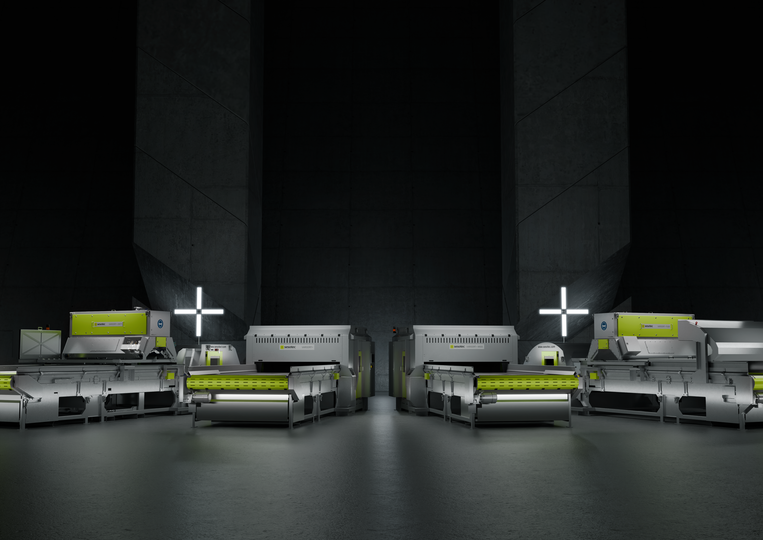
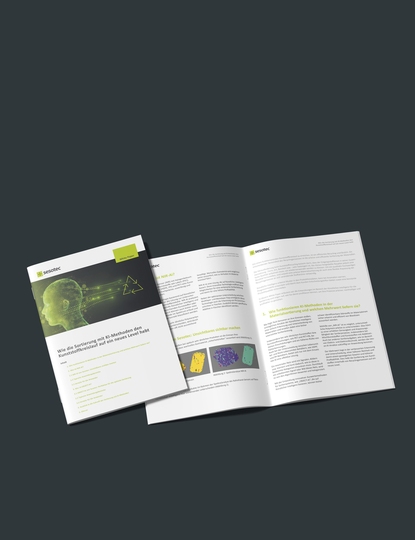
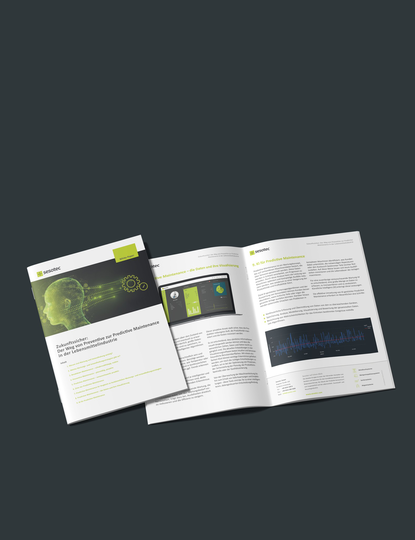
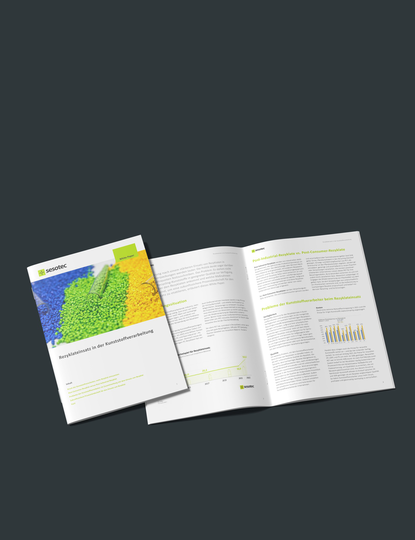
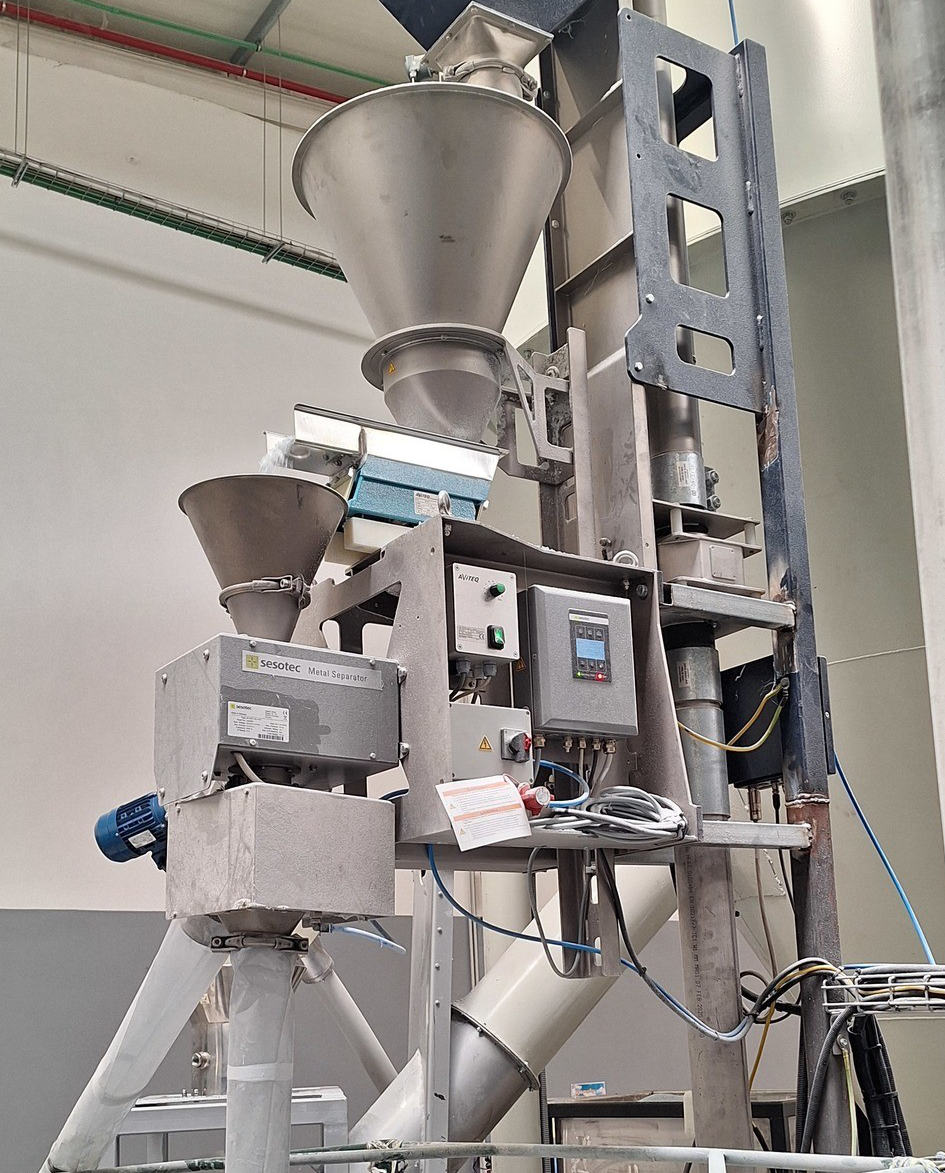.jpg)
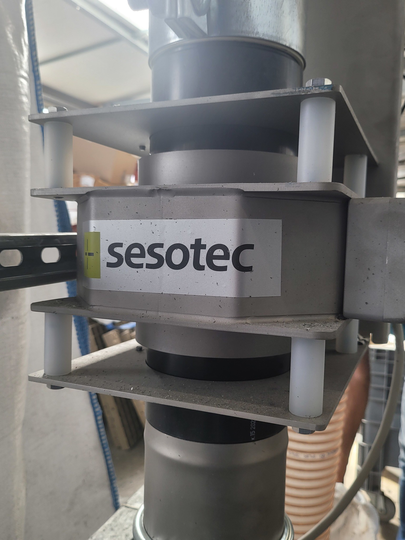.jpg)
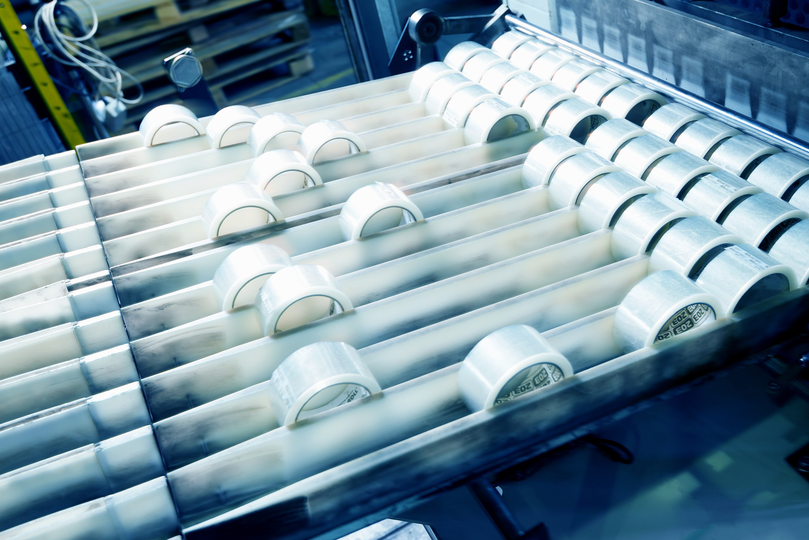
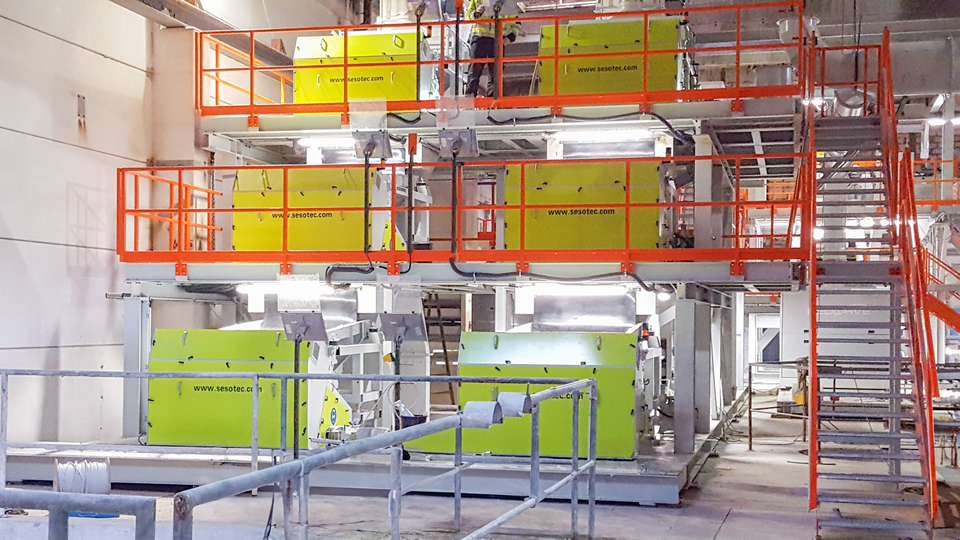
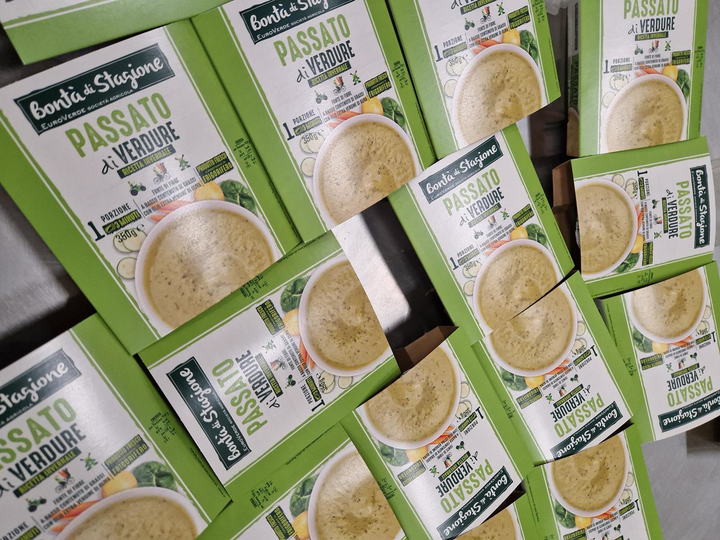
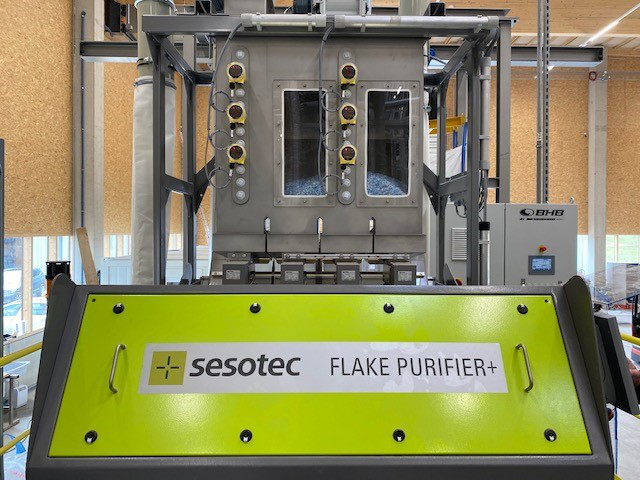
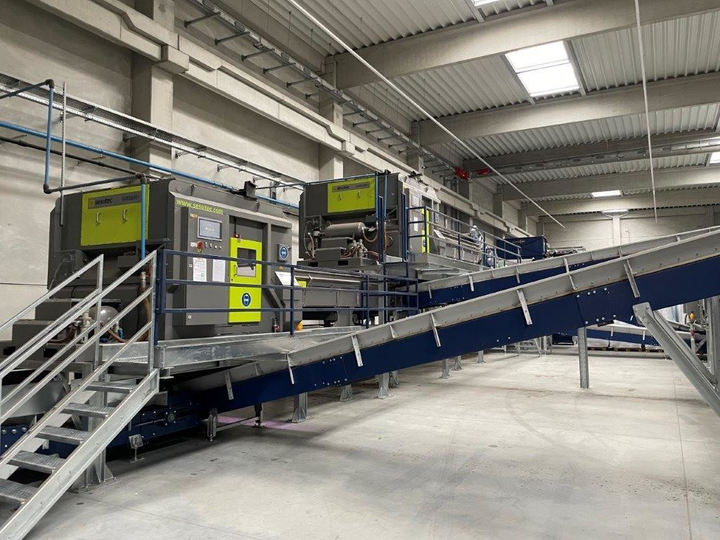.jpg)
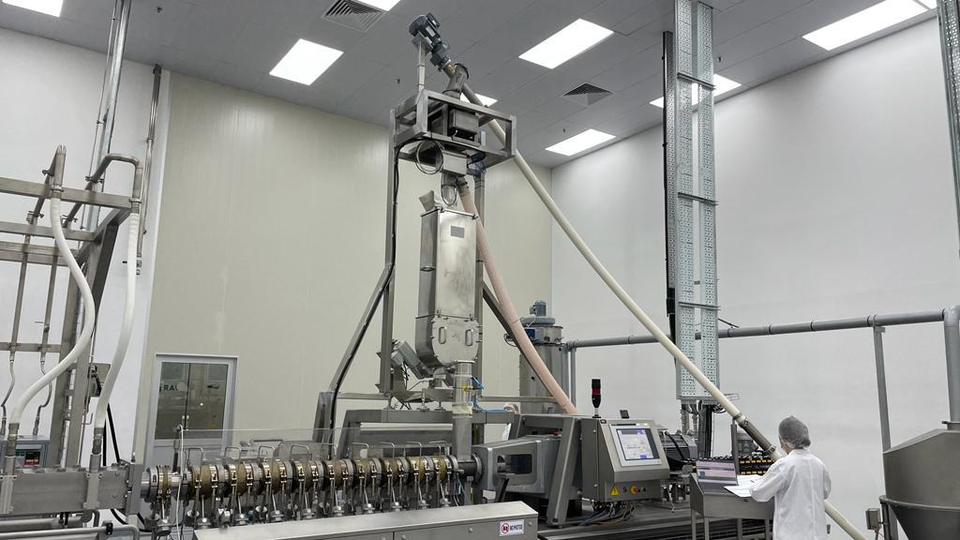.jpg)
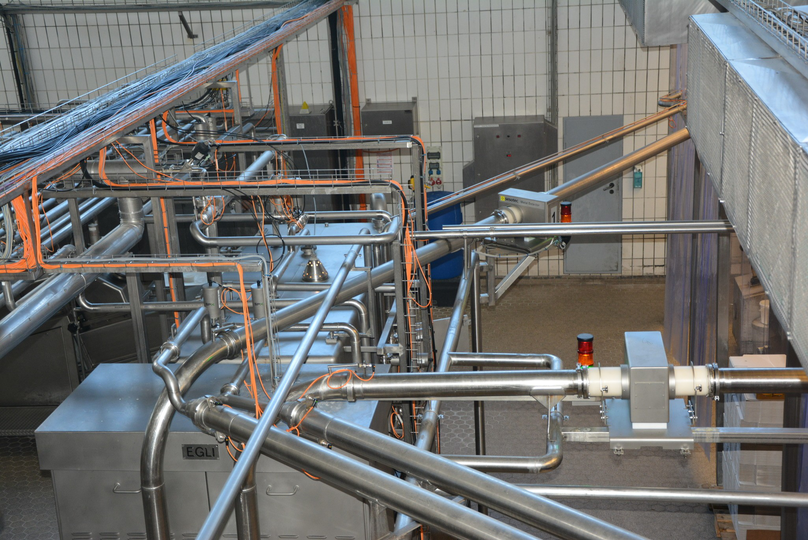
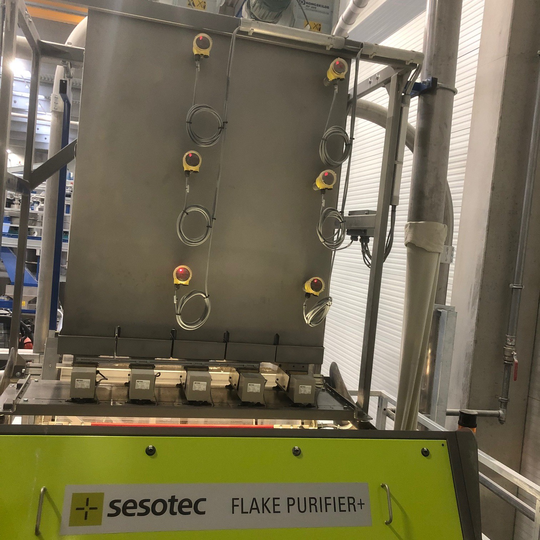
.JPG)
.JPG)
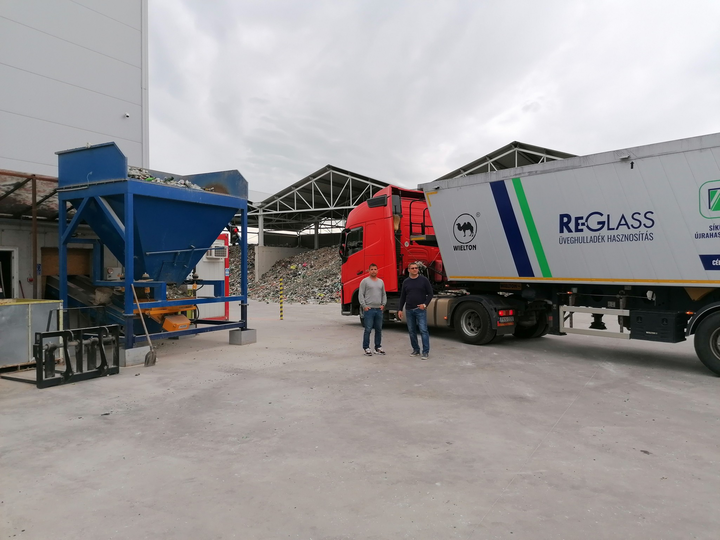
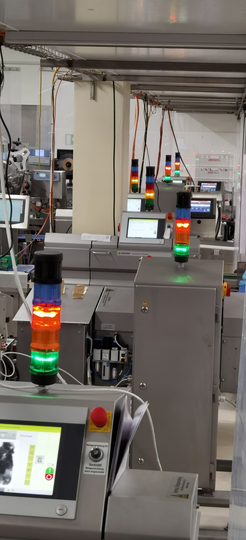.jpg)
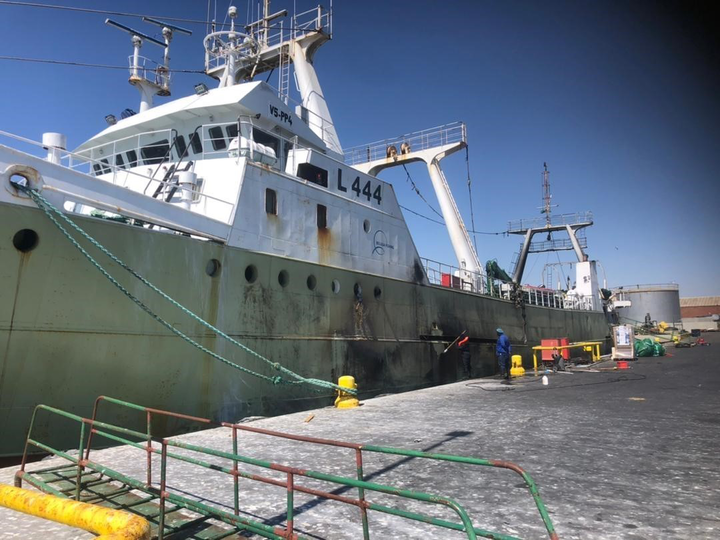.jpg)
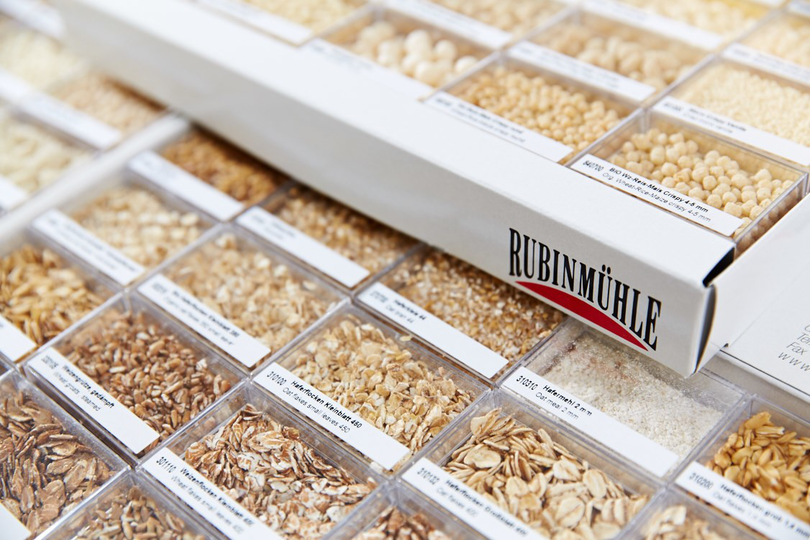.jpg)
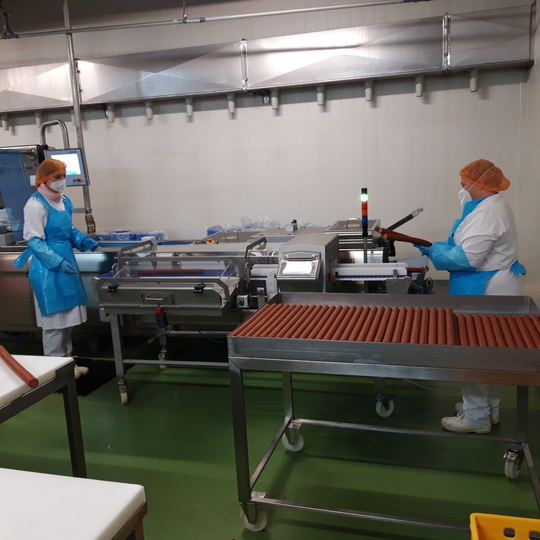.jpg)
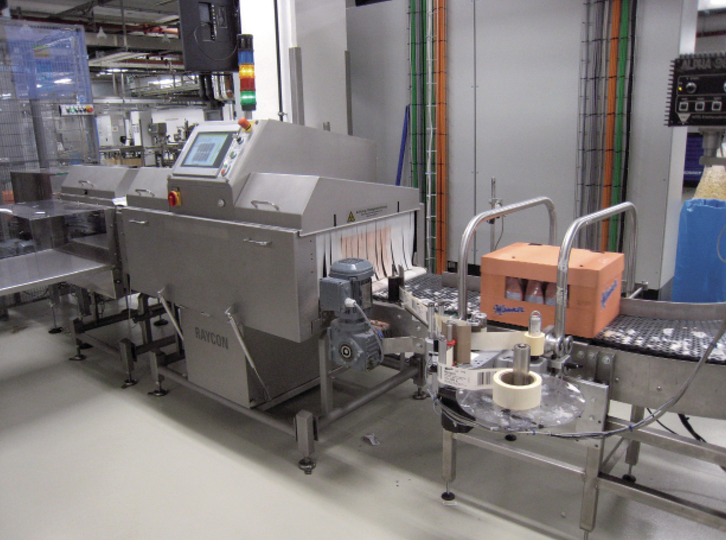
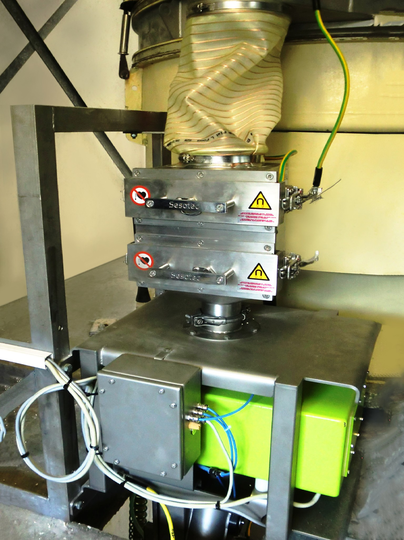.jpg)

.jpg)
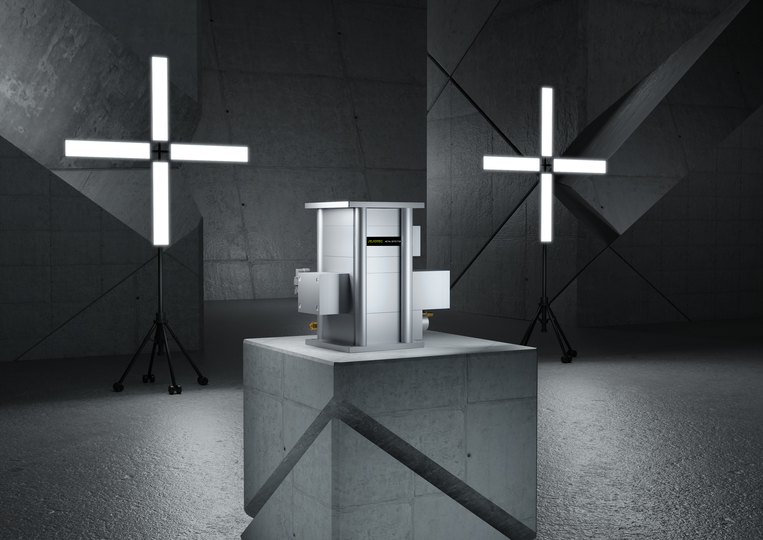
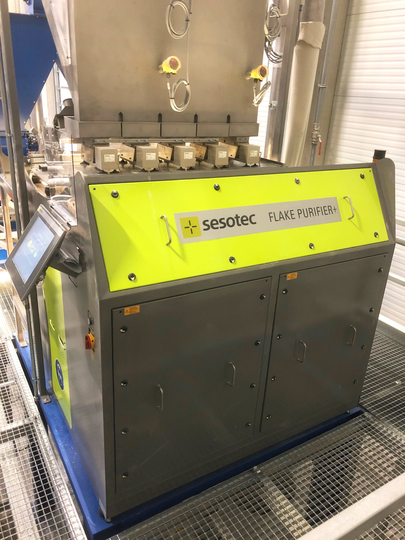

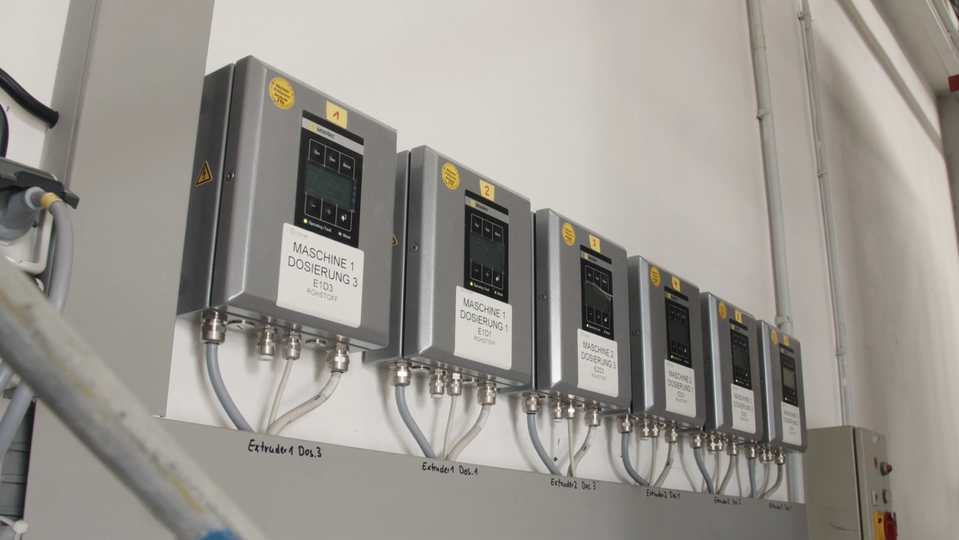.jpg)
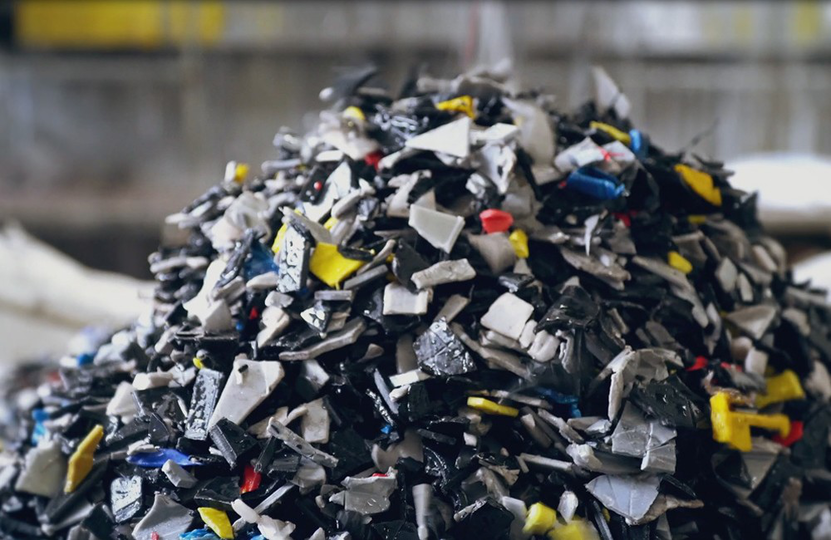
.JPG)
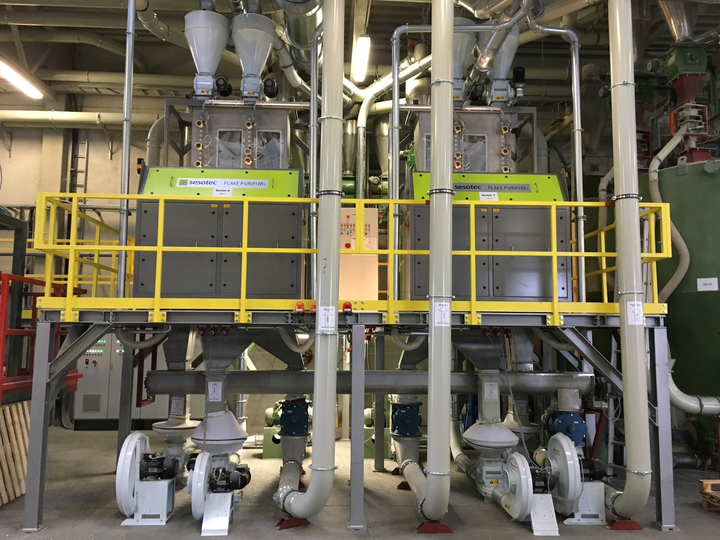.jpg)
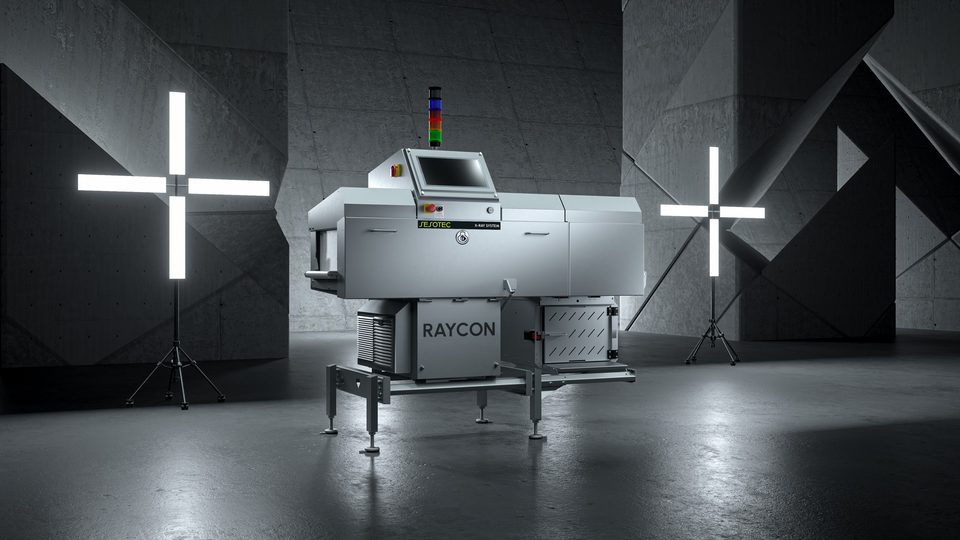

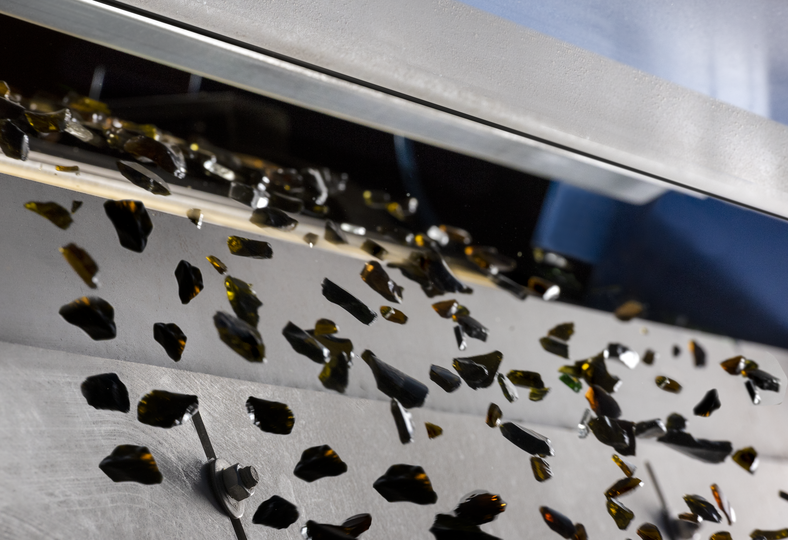
.jpg)
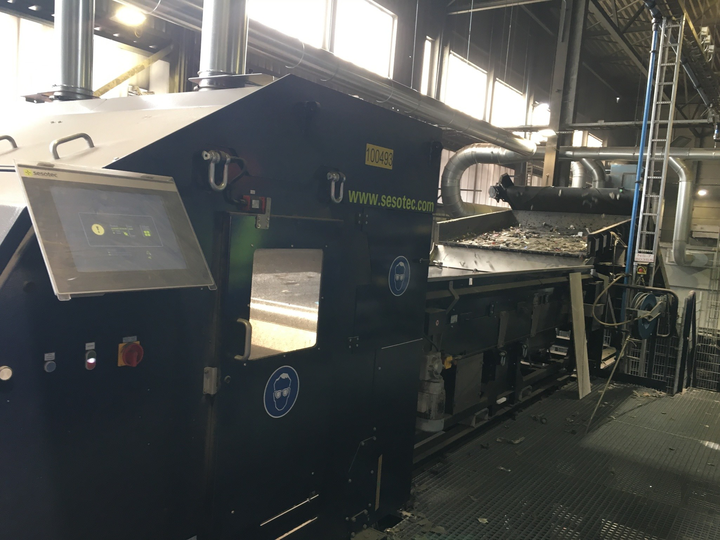
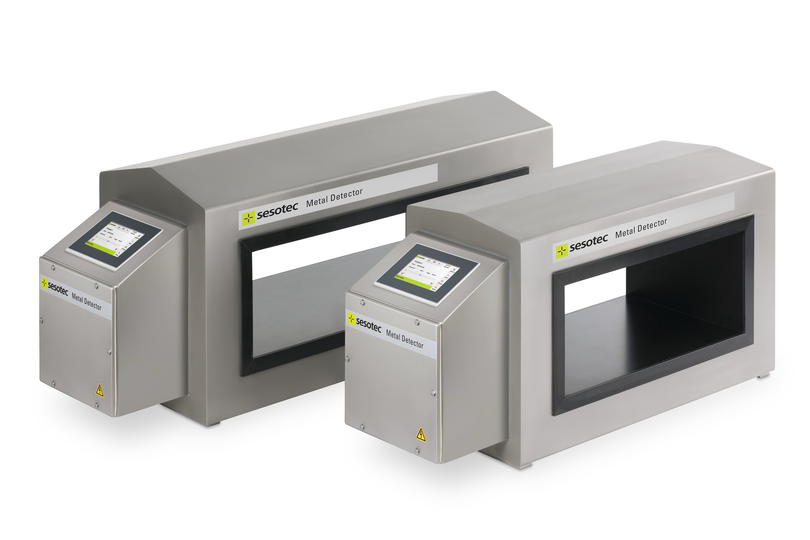
.JPG)
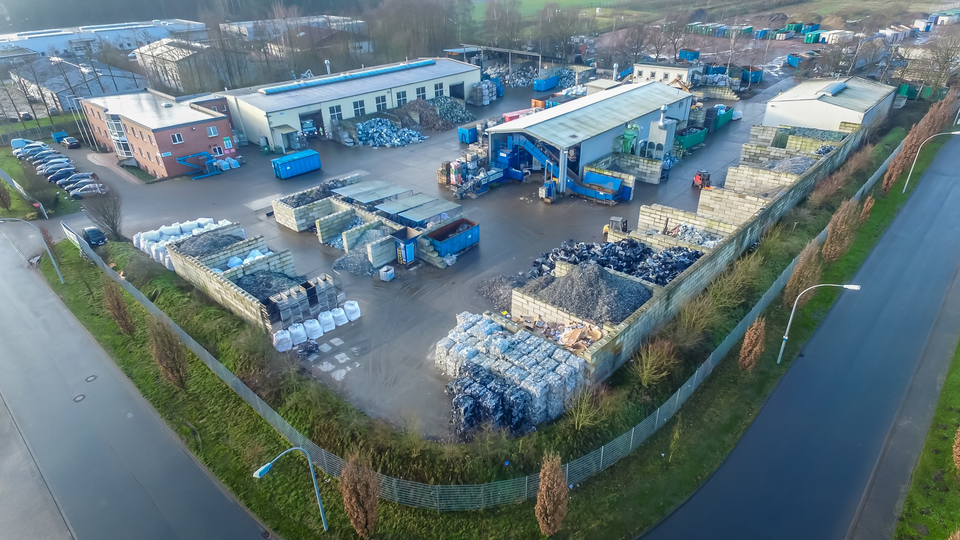.jpg)
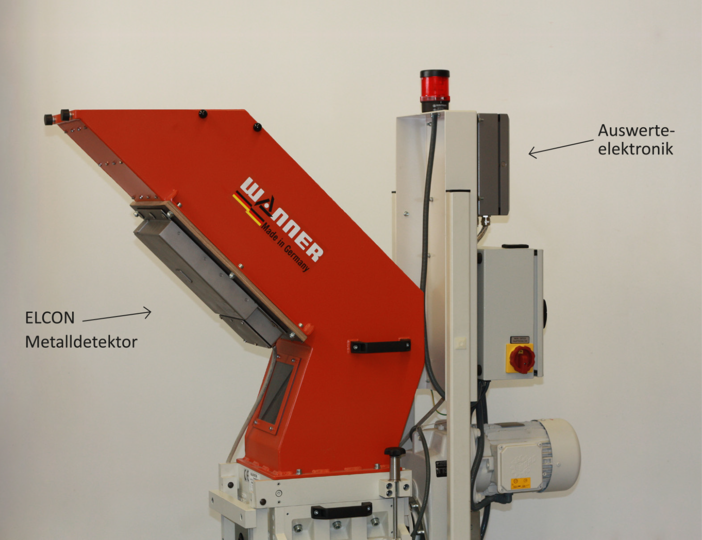

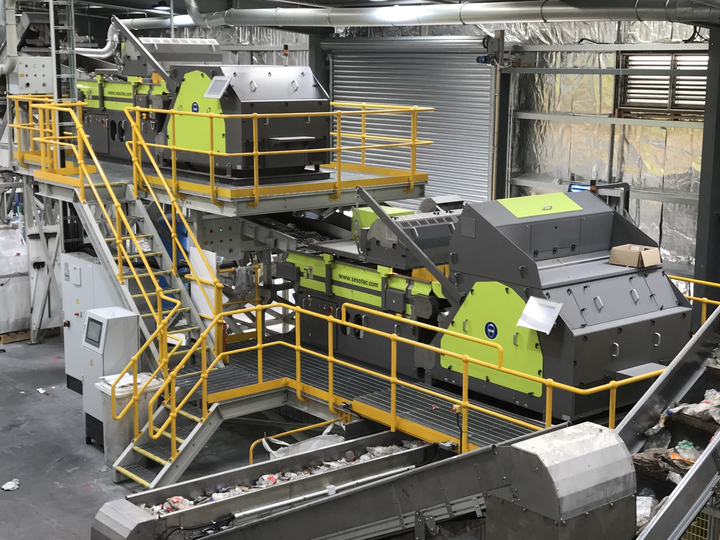.jpg)
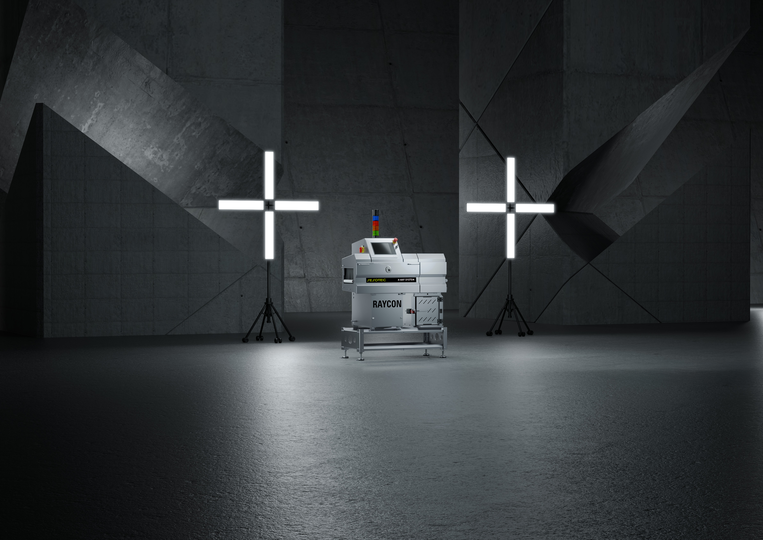
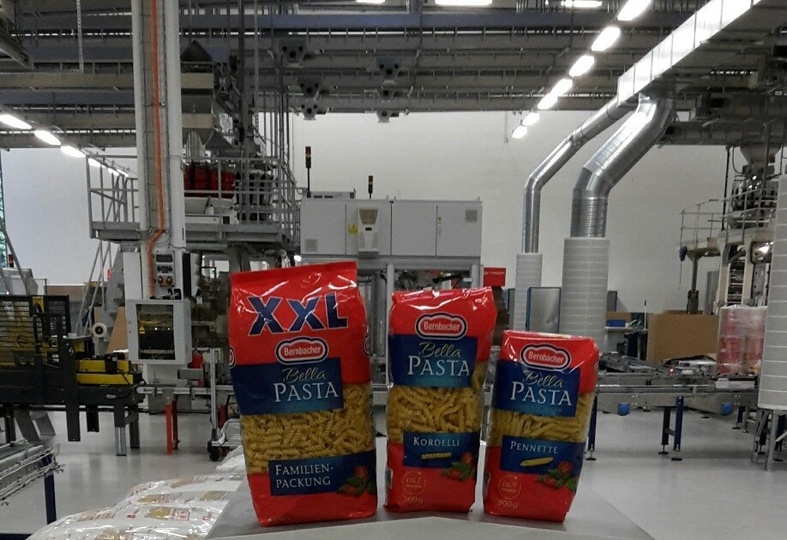.jpg)
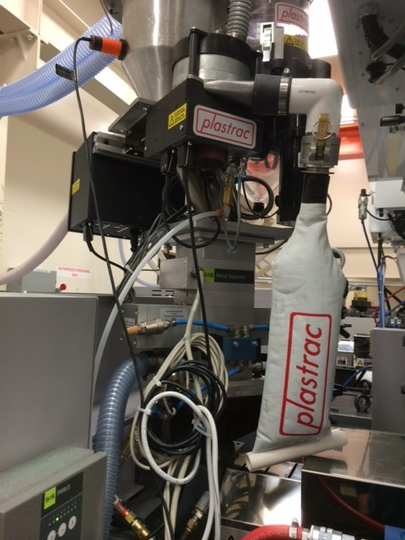.jpg)
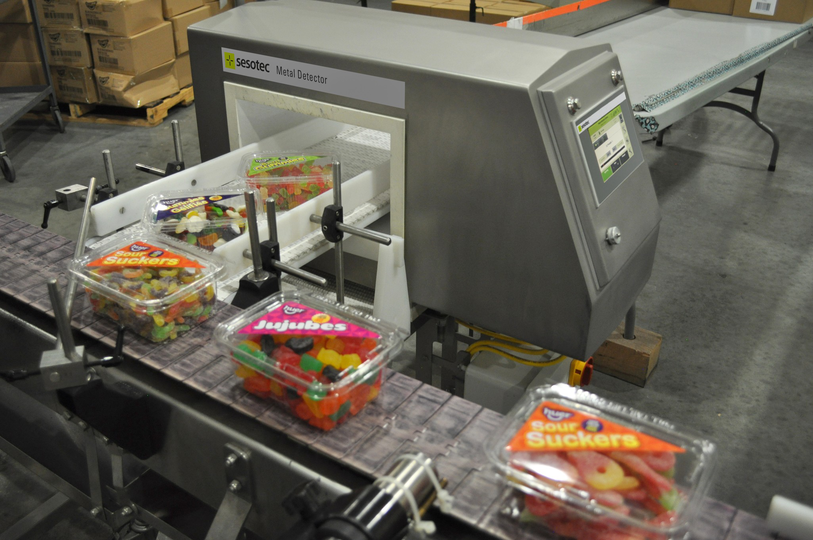
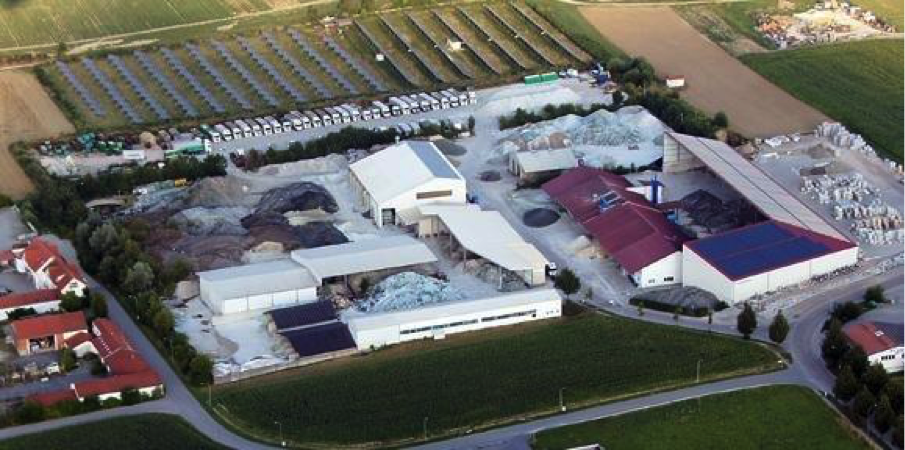.png)
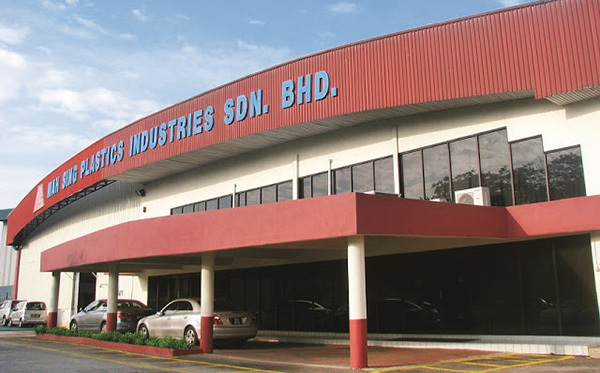
.JPG)
.jpeg)
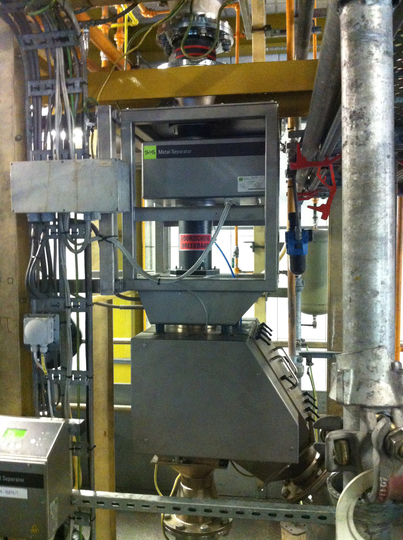.jpg)
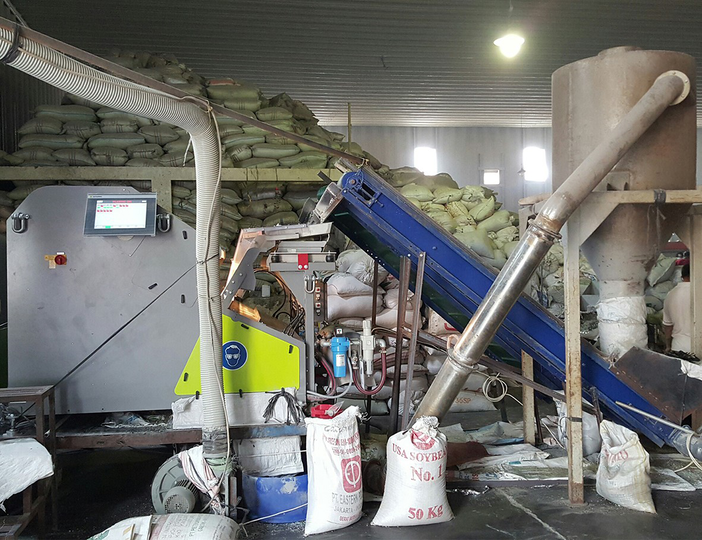.jpg)
.jpg)
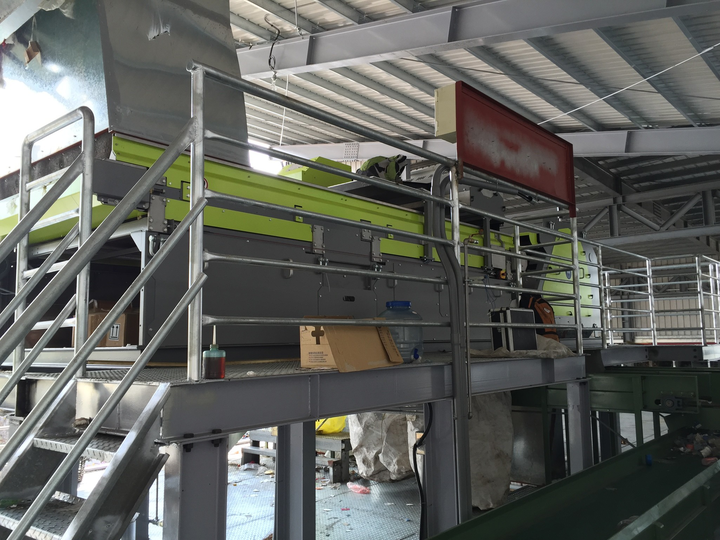.jpg)
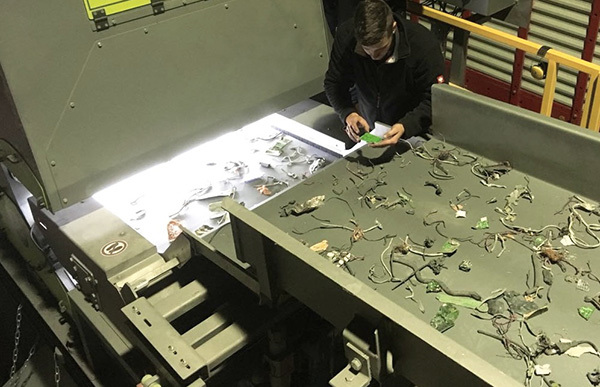.jpg)
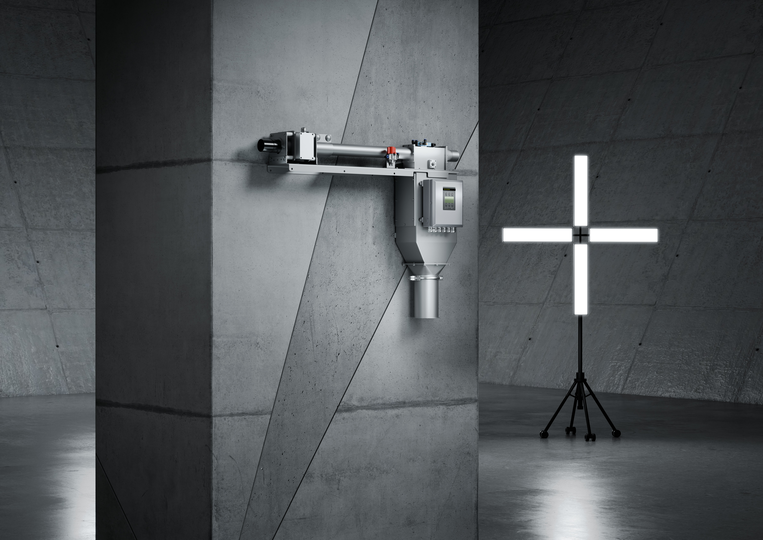
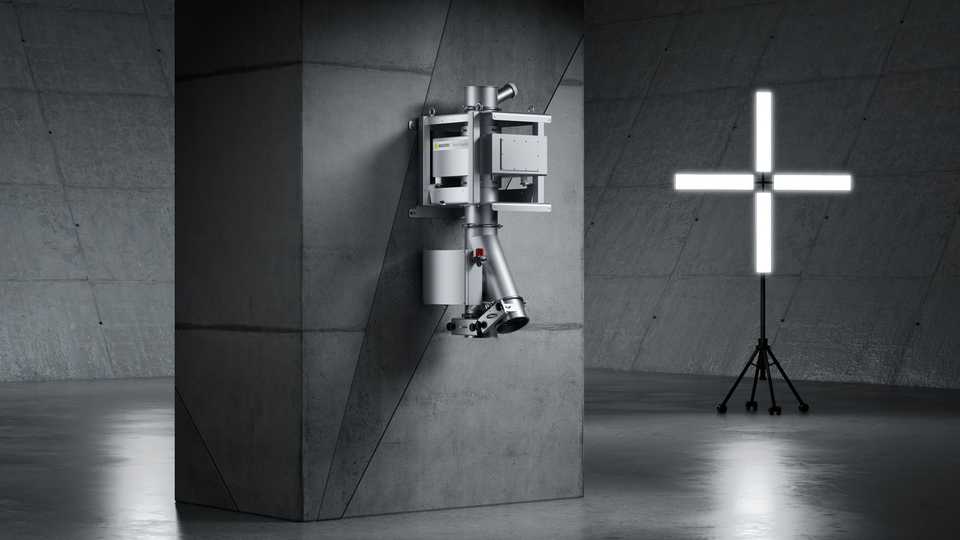
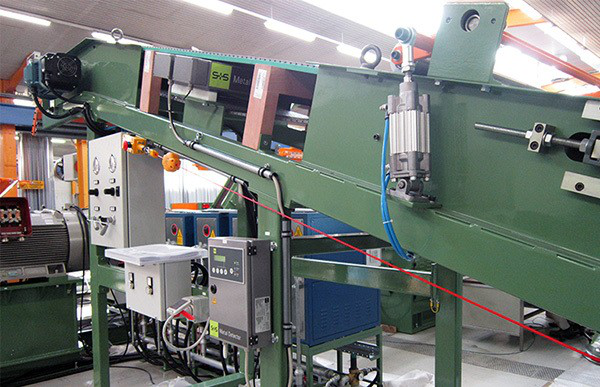
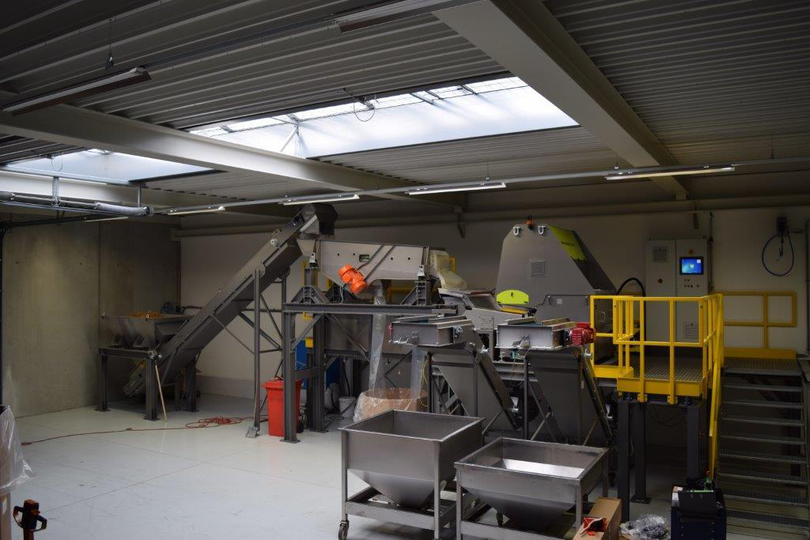
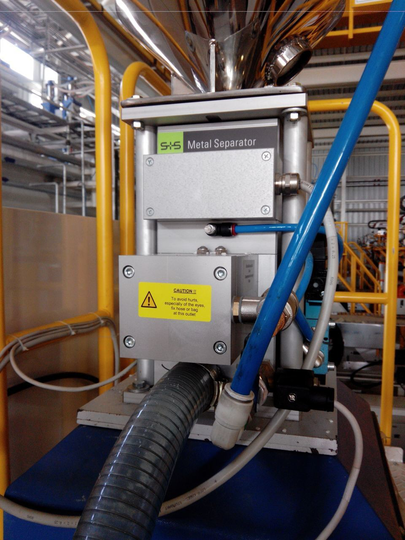.jpg)
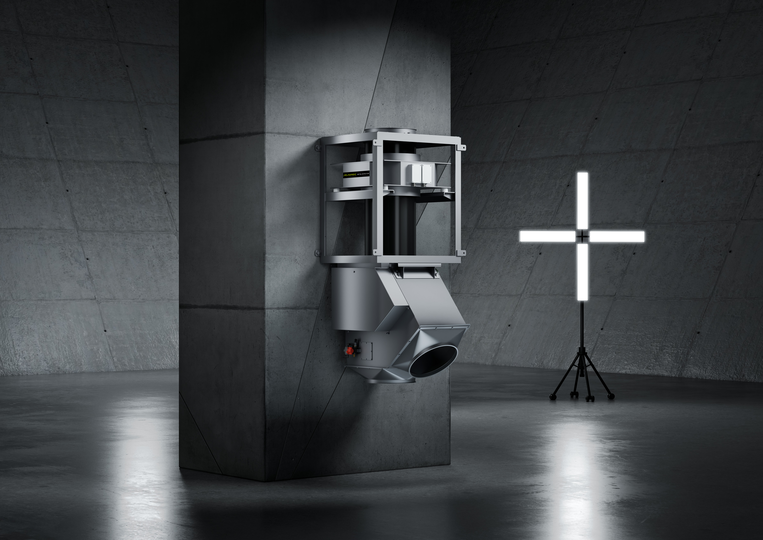
.JPG)
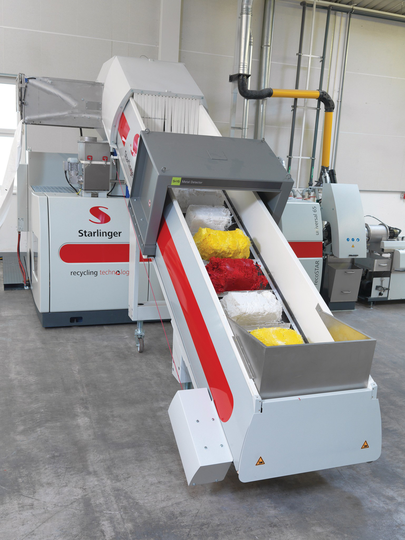
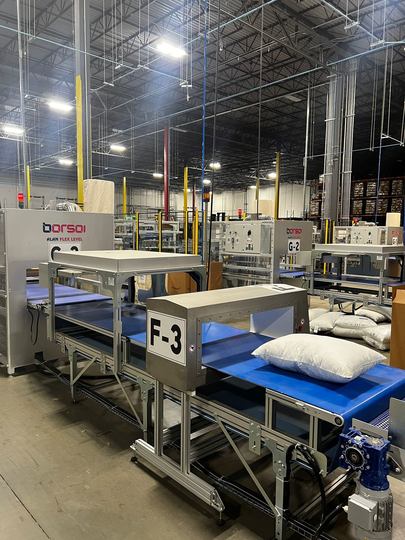.jpg)
